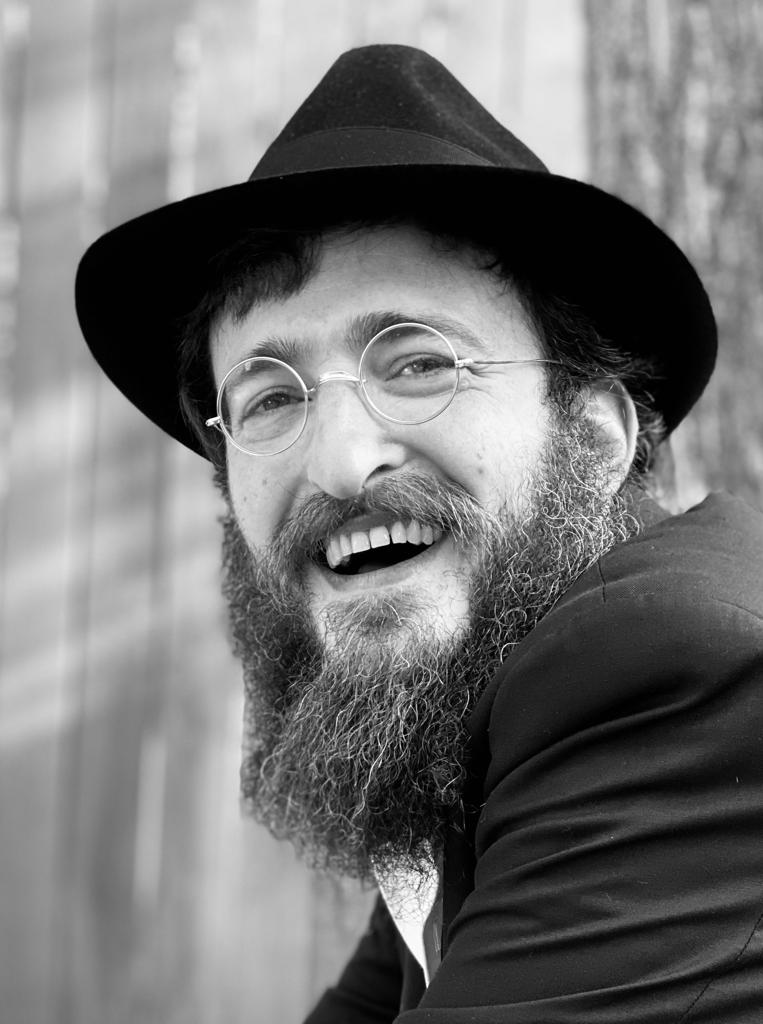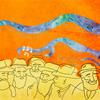Chabad Rabbi Yonatan Markovitch was among a group of Ukrainian religious leaders who met last week with Ukrainian President Petro Poroshenko in Kiev. The July 28 meeting came amid heightened tension in the country as the Minsk ceasefire crumbled in the east, and at least one nationalist group had a violent altercation with Ukrainian police in the west.
Ukraine’s commitment to battling anti-Semitism was discussed as part of the proceedings.
“In Ukraine, we won’t tolerate any kind of racism, whether it targets Jews or any other minority,” Poroshenko told the rabbi.
“We don’t have a particular problem with anti-Semitism here in Ukraine,” said Markovitch, who has led Kiev’s Or Avner Jewish Day School and community for the last 15 years. “But as is always the case whenever there is an unstable situation, we have to be mindful and vigilant.”
When the country’s Maidan movement began in December of 2013, it attracted a wide array of Ukrainian groups with some of the more nationalist ones, such as Pravy Sektor, being historically anti-Semitic. Many within the Jewish community feared that the protests would take on an anti-Jewish bent; ultimately, that did not happen.
“Jews here were afraid in the beginning,” explained the rabbi, “but as [the situation] progressed, we saw how those groups went out of their way to erase anti-Semitism from their platform.”
Still, in a country where Bogdan Khmelnytsky—who was responsible for the brutal murder of thousands of Jews in the 1600s and remains one of Jewish history’s greatest villains—is a celebrated hero, government attention to the issue is appreciated by Jewish leaders.
“I feel perfectly safe walking the streets of Kiev as a Chassidic Jew,” added Markovitch. “It’s important that we work to make sure it stays that way—no matter what the politics here are.”









Start a Discussion